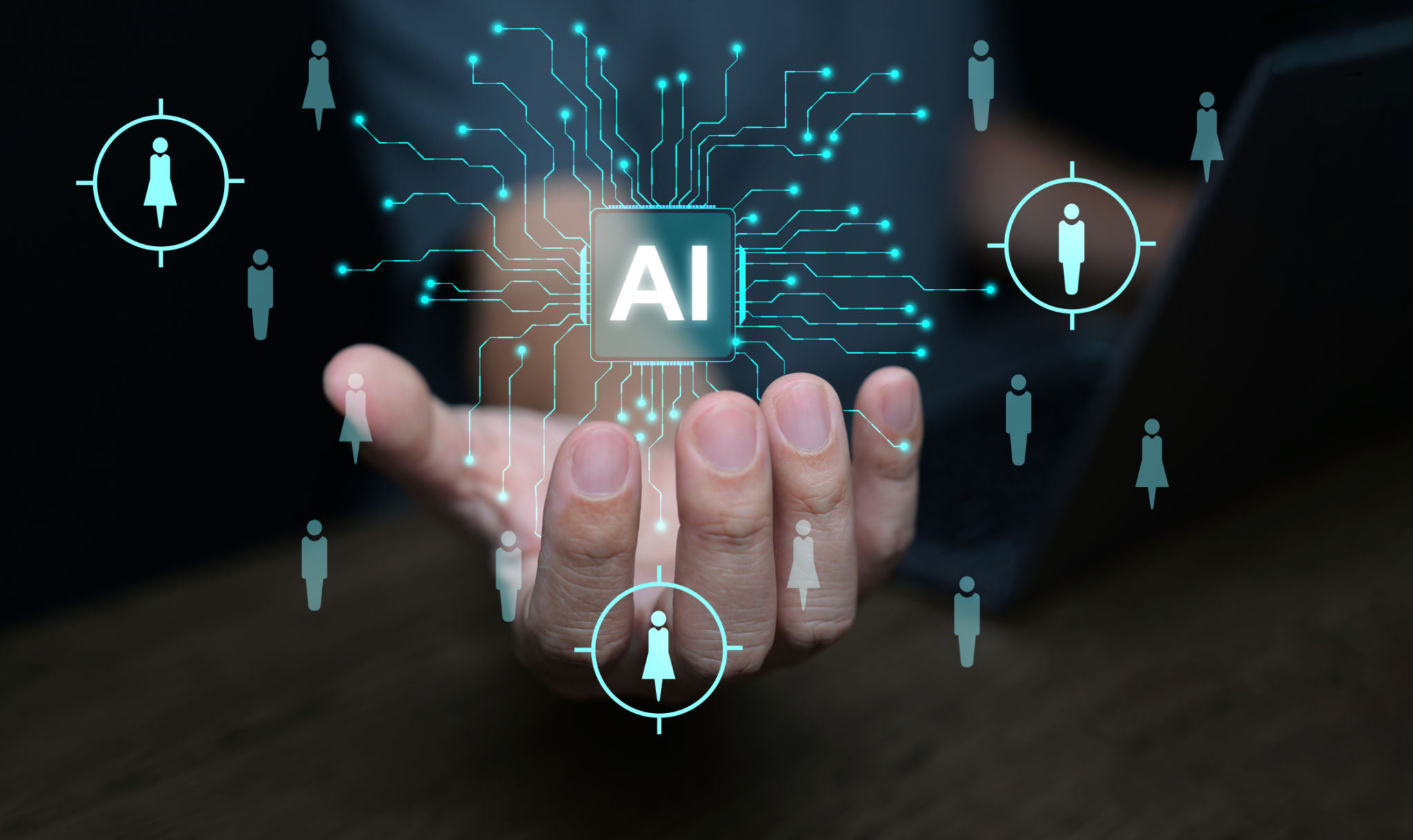Comprehensive Guide: Implementing AI Automation in Staffing
Understanding AI Automation in Staffing
In today's fast-paced and competitive job market, the integration of AI automation into staffing processes is rapidly becoming a strategic necessity. AI automation can streamline recruitment, enhance candidate experience, and provide valuable insights for decision-making. By leveraging AI, staffing agencies can improve efficiency, reduce human error, and ultimately place candidates more effectively.
AI automation in staffing is not just about replacing human tasks with machines. Instead, it is about enhancing human capabilities and improving the overall process. The goal is to create a more seamless, efficient, and intelligent staffing solution that benefits both recruiters and candidates.

Key Benefits of AI Automation
Implementing AI in staffing brings numerous benefits. Firstly, it significantly reduces the time spent on repetitive tasks such as resume screening and initial candidate evaluations. This allows recruiters to focus on more strategic aspects of their work, such as building relationships with candidates and clients.
Secondly, AI can improve the accuracy of candidate matching. By analyzing vast amounts of data, AI algorithms can identify patterns and predict which candidates are most likely to succeed in a given role. This leads to better placements and higher client satisfaction.

Steps to Implement AI Automation
Implementing AI automation in staffing involves several key steps. Begin by assessing your current staffing processes to identify areas that could benefit from automation. This might include resume screening, interview scheduling, or candidate engagement.
- Define Your Objectives: Clearly outline what you hope to achieve with AI automation, whether it's reducing costs, improving candidate quality, or speeding up the hiring process.
- Select the Right Tools: Choose AI tools that align with your objectives and integrate seamlessly with your existing systems.
- Train Your Team: Ensure your staff is well-versed in using new technologies and understands how AI can enhance their roles.
Challenges and Considerations
While AI automation offers significant benefits, there are challenges to consider. Data privacy is a primary concern, as staffing agencies handle sensitive candidate information. It's essential to ensure compliance with data protection regulations like GDPR or CCPA.
Moreover, the human touch remains crucial in staffing. While AI can handle many tasks, building relationships and understanding cultural fit require human intuition and empathy. It's important to strike a balance between automation and personal interaction.

Future Trends in AI-Driven Staffing
The future of staffing is undeniably intertwined with AI advancements. We can expect to see more sophisticated algorithms that provide deeper insights into candidate potential and job market trends. Virtual reality and augmented reality might also become part of the recruitment process, offering immersive experiences for candidates.
As technology evolves, staffing agencies will need to continuously adapt and innovate. Embracing a culture of continuous learning and staying updated on technological advancements will be crucial for success in this dynamic landscape.
In conclusion, implementing AI automation in staffing is not just a trend but a long-term strategy that can revolutionize recruitment processes. By understanding its benefits, navigating its challenges, and staying ahead of future trends, staffing agencies can leverage AI to create a more efficient and effective recruitment process.